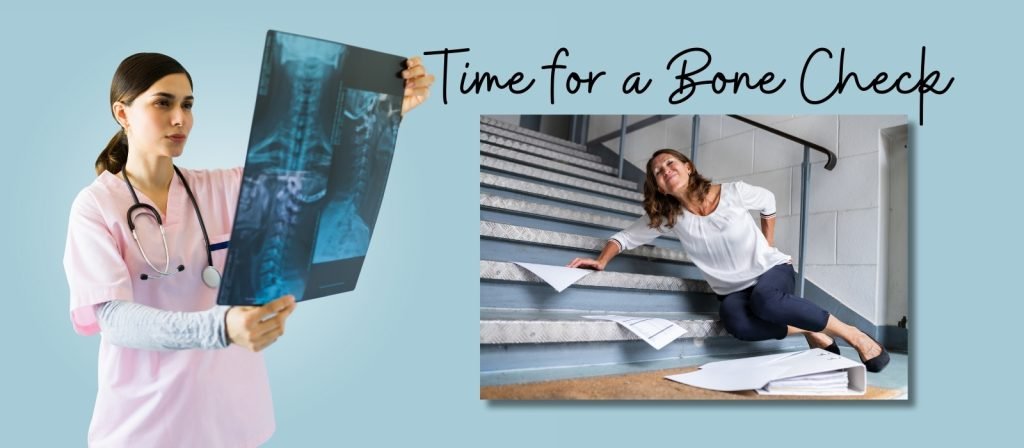The Silent Disease with Loud Consequences: Time for a Bone Check

Last Updated on September 5, 2025 by Rose
If you’re over 65 — or even just approaching that milestone — your bones may be telling a story you can’t yet hear. New screening guidelines from the U.S. Preventive Services Task Force are bringing fresh attention to osteoporosis, the “silent disease” that quietly weakens bones until the first big wake-up call: a fracture.
At least one in five women over 50 in the U.S. has osteoporosis, yet most don’t know it. The updated advice is clear: all women 65 and older should undergo a bone density scan. For younger postmenopausal women with risk factors like family history, smoking, or low body weight, screening is also strongly encouraged.
And the stakes couldn’t be higher. Research shows that up to 30% of people who suffer a hip fracture die within a year. Less dramatic but equally devastating consequences include chronic pain, lost independence, and reduced mobility.
As Dr. Esa Davis of the University of Maryland reminds us, “Osteoporosis causes bones to become weaker and fracture more easily, leading to disability, chronic pain, loss of independence and even death.”
What makes this update especially noteworthy is its timing. A growing number of older adults are taking powerful new weight-loss medications like Ozempic and Zepbound. While these drugs can be life-changing, studies suggest they may also accelerate bone loss unless paired with exercise.
As Dr. Christopher McGowan, an obesity specialist, cautions, “For those at risk of reduced bone density, particularly women over 65, a bone density test should be conducted prior to starting anti-obesity medication if one hasn’t been done recently.”
But there’s good news: osteoporosis is both preventable and treatable. Strength training, balance exercises, and diets rich in calcium and vitamin D are proven defenses.
Medications can stabilize and even improve bone density, slashing fracture risk by up to two-thirds, depending on the treatment used.
So why does this news matter? Because it highlights a hidden risk that many face without realizing it — and shows that proactive screening can mean the difference between years of vibrant independence and a sudden shift into frailty.
Consider this your reminder: bones may be silent, but fractures are not. Don’t wait for the fall that changes everything.
Check out the full article on NBC News to get the details, expert perspectives, and prevention strategies that can keep you strong for the future.





